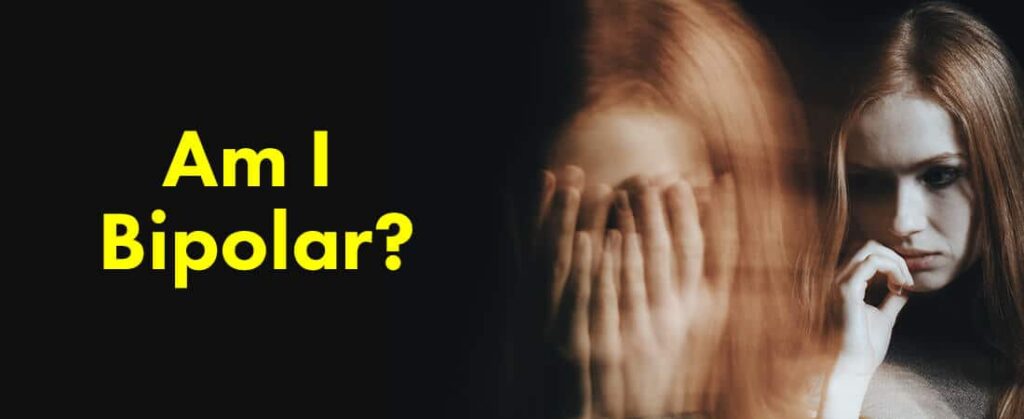Am I Bipolar?
It is quite normal to feel down when life is difficult and to be excited when things go well. For those suffering with bipolar disorder, however, the highs and lows are much more extreme—and often occur randomly.
Research hasn’t determined a specific cause of bipolar disorder, and there’s not a specific medical test to diagnose it. Rather, a diagnosis is reached through qualified medical or mental health analysis of symptoms. Typically, they look for manic behavior as a key to identifying bipolar disorder.
But you are reading this post because you’re asking—Am I bipolar?
Here are some statements related to the experience of those diagnosed with bipolar disorder. How often do you sense these symptoms in your life, on a scale from ‘never’ to ‘often’?
- At times I’m much more talkative or speak much faster than at other times.
- At times I become much more active or do many more things than usual.
- At times I feel as though my mind is racing.
- At times I’ve felt both high (elated) and low (depressed) at the same time.
- At times, for no apparent reason, I become irritable, angry or hostile.
- At times I want to be around other people. At other times I just want to be left alone.
- At times I am extremely optimistic. At other times I am extremely pessimistic.
You might even ask a family member to review those questions with you—family members usually recognize mood elevation in us faster than we do in ourselves.
If your answers lean towards ‘often’ on two or more of these questions, take this seriously. It is worth having a conversation with your doctor.
Medical and mental health professionals diagnose bipolar disorder based on reviewing symptoms and family history. While it is not a guarantee, there is strong evidence that genetics play a role—people with a first-degree relative with the condition are more likely to suffer themselves.
What we do know is that, left untreated, bipolar disorder can result in serious problems affecting every area of your life. People suffering with bipolar disorder are at greatly increased risk of developing:
- Problems related to drug and alcohol use
- Suicidal thoughts or suicide attempts
- Legal or financial problems
- Damaged relationships
- Poor work or school performance
If you or someone you love suffers, you’re not alone. Bipolar disorder affects 5.7 million American adults, or about 2.6% of the U.S. population 18 and older. It is important to seek help right away.
Applying a BioPsychoSpiritual Treatment Strategy
At Honey Lake Clinic, our experienced staff, licensed therapists, psychologists, and psychiatric specialists understand that effective treatment for bipolar disorder requires a multifaceted, faith-based approach, involving healing of the body, mind, and spirit. Medication, psychological awareness and skills, and spiritual truths and principles are all integral parts of a life-transformation process.
We are here to offer hope and provide answers for you. We can guide you to an accurate diagnosis and start you on the path to a brighter tomorrow.



